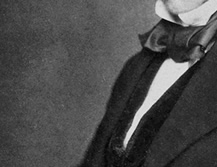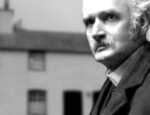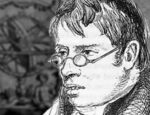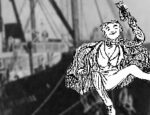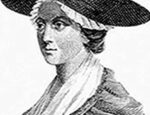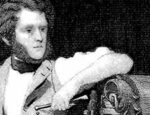Description
 Meet Alexander Christison (1760-1830), son of small hill-tenant farmer in the lower Lammermuir Hills who became Professor of Humanity at the University of Edinburgh.
Meet Alexander Christison (1760-1830), son of small hill-tenant farmer in the lower Lammermuir Hills who became Professor of Humanity at the University of Edinburgh.
Born in Longformacus, Berwickshire, he was the eldest of 7 children. At the age of 19 he became a schoolmaster of his native parish, Edrom. Before long he moved to Dalkeith as headmaster of the academy George Watson’s College. After completely transforming the school’s reputation, he moved to teach at the High School of Edinburgh, and in 1800 he was made a Fellow of the Royal Society of Edinburgh, as much for his scientific learning as his work as a classicist and educationalist. In 1806 won the Professorship of Humanity at the city’s university, where he lectured in Classical Literature.
Christison was “a tall and very strong man, of Scandinavian type… accomplished not only in classics but in philosophy and science… He was remarkably generous, too, and admitted large numbers gratis to his university class.”
In 1802 he published an essay entitled On the General Diffusion of Knowledge: One Great Cause of the Prosperity of North Britain. In it he wrote – with no little autobiographical detail slipping into his writing: “Genius is no respecter of ranks, and may be oftener found in the cottage than in the palace, because there are thousands of cottagers for one prince… I do not think there is any thing more truly interesting on this globe, than a boy of genius in the lower rank of life, generous, elevated, virtuous, resisting the allurements of his play-fellows, retiring to his books and meditations; with a scanty education, no director of his studies, few books, and those frequently ill chosen; overlooked by the rich, worn out by toil, and sometimes dissuaded from his pursuits by a weak adviser… hoping that he may, in consequence of his acquisitions, reach the highest degree of happiness, which a man of virtue can attain in this world, become useful to his country, and repay his parents and relations for all their toils, and care, and tenderness.”

